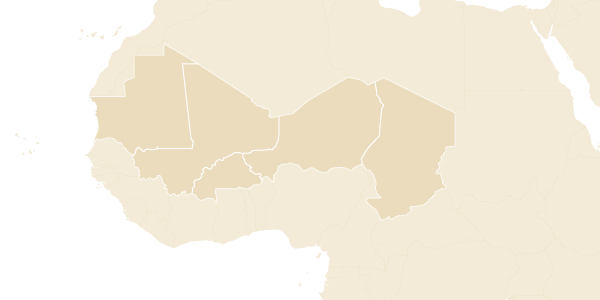USAID implements activities to strengthen the resilience of vulnerable communities in Niger, which face chronic crises and conflicts due to food insecurity, persistent poverty and the impact of climate change. These include the USAID Hamzari initiative, which addresses the underlying causes of food insecurity and malnutrition in high-risk municipalities in the southern region of Maradi.
Key interventions
- Support for the “habbanaye” tradition: this practice consists of lending an animal, usually a goat or sheep, to a member of the community in need. After the weaning of the new generation, the loaned animal is returned to its owner, while the beneficiary family keeps the offspring in order to constitute its own herd.
- Cooking demonstration sessions: teaching how to prepare nutritious local food to improve eating habits.
- Creation of community granaries: ensuring access to nutritious food throughout the year.
- Small-scale food processing: enabling women to preserve food for longer and sell their products on local markets.
Results
- 11,578 cooking demonstration sessions were organised, attended by 49,474 pregnant and breastfeeding women.
- Over 100 granaries have been created, each employing 5 members of the community.
- 5,879 women have participated in processing, value-adding, and marketing activities.
Picture Copyright: USAID / CARE / Leonora Baumann
Niger


Fields of action

Agriculture, rural development and food security
